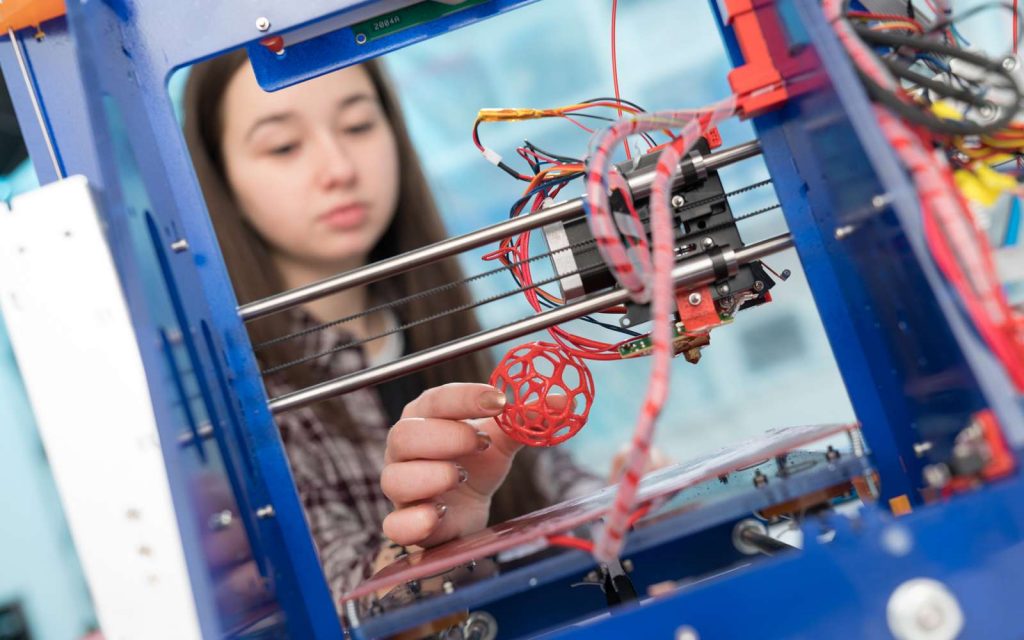Experiential learning is not a new concept.
Since the dawn of time, people have been learning from experience to inspire design and improve all facets of life. Ancient hunting methods, engineering and inventing have all benefited from experiential learning: doing, reflecting, learning and trying – and improved over time. Experiential Education, as it is known in formal education however, is a relatively modern development, researched by psychologists and educational theorists such as Dewey, D. A. Kolb and more. Kolb states that “learning is the process whereby knowledge is created through the transformation of experience”.
Educational tours and programs provide the perfect opportunity to share unique, relevant and diverse experiential learning with students. In line with D.A Kolb’s research on Experiential Learning Theory, offering a rich and diverse variety of learning spaces for our students to interpret, allows them to “adopt new ways of thinking, acting and relating in the world.” Additionally, a mindful connection with an unfamiliar culture “has the potential to change [students’] worldview, provide a new perspective on their course of study, and yield a network of mind-expanding relationships.”
But how do you ensure quality experiential learning activities are seamlessly incorporated into your program?
Firstly, ensure you partner with a professional tour operator specialising in educational travel. It is their job to ensure your students are getting access to cutting-edge experiential learning activities. A local travel agent typically does not find the most relevant educational activities. Generally speaking, they are there to book your logistics. An educational tour specialist should be able to take the stress out of your planning, save you significant time and support you in offering the best opportunities for your students.
Next. If you are getting several itineraries and quotes to compare, ensure you look closely at the learning activities.
Have they been designed to achieve your specific learning objectives?
Do they allow the students to pass through each of Kolbs’ 4 stages of The Experiential Learning Cycle (in any order): Offer a new Concrete Experience, allow for Reflective Observation, encourage Abstract Conceptualisation and engage in Active Experimentation?
It also pays to read the fine print. Some itineraries may include a guided tour at a location, while another has incorporated an exciting workshop, Q&A session or other experiential learning activity.
Example of experiential learning activities for an Ancient History tour to Rome:
- Minimum: Guided tours should be provided to ensure students are immersed in the location and learning about its history
- Better: Experiential learning activities could also include gladiator workshops or cooking classes.
- Best: Immerse students in a tour with an archaeologist exploring the ancient trade port of Ostia Antica. Recreate the culinary history of Rome making bread with ancient grains in a local bakery.
While any overseas experience can create a lasting positive effect, the inclusion of quality, relevant experiential learning activities, expose students to moments that directly impact their futures. This often opens their eyes to a real world of possibilities, of which they were previously unaware.
Discover our new range of Australian, experiential learning-based educational tours.


